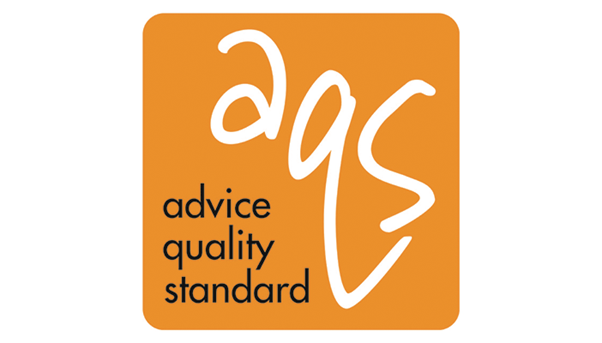Being ill or having a disability can often make life more expensive. PIP is a benefit that is meant to help you with the extra costs caused by illness or disability – including sight loss.
You can get PIP if you are aged 16 or over and under state pension age when you start your claim.
Alternatively, if you are:
- Over state pension age and not claiming DLA find out more about Attendance Allowance
- Over state pension age and already receive DLA, find out more about DLA for adults.
- under 16, find out more about DLA for Children
To make a claim for PIP you must:
- be habitually resident in the UK (this is decided by looking at several factors including reasons for coming to the UK, the length of your stay, future intentions, and previous links with the country)
- and satisfy the past presence test (you must have been present in the UK for 104 out of the previous 156 weeks).
These two rules are complicated and there are some exceptions, so contact our Helpline if you think you may have difficulty passing these tests.
PIP is meant to help with daily living activities and getting out and around. Because of this, it is split into two parts or 'components': a daily living component and a mobility component. You might be successful in claiming one or both components.
Each component then has two rates:
- a standard rate for people who have a limited ability to carry out daily living or mobility activities because of their physical or mental condition
- an enhanced rate for people who have a severely limited ability to carry out daily living or mobility activities because of their physical or mental condition.
PIP is not a means-tested benefit – so you can claim it no matter what your income is – and it is not taxable.









